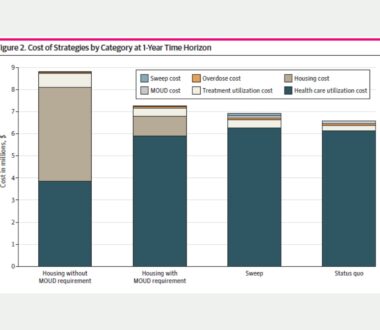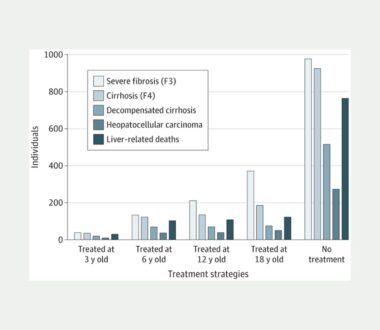Simulation Modeling
We project long-term, population outcomes to support healthcare and policy leaders in setting treatment and harm reduction priorities to care for people who use substances.

Introduction
Simulation models integrate up-to-date knowledge about the epidemiology of substance use disorder, treatment outcomes, and resource utilization to make insights about treatment and care. In addition, simulation modeling research allows us to examine benefits and costs from multiple perspectives, such as the community, the healthcare system, the criminal-legal system, or the broader societal perspective. Most importantly, simulation modeling allows us to study scenarios that would not be possible in the real world at the pace required for decision making.
Methods We Have Used
- Markov Modeling
- Monte Carlo Simulation
- Discrete Event Simulation (DES)
- Compartmental Modeling
- Agent-Based Modeling (ABM)
Investigators

- Director, Population Data & Modeling Core
- Boston Medical Center

- Co-director, Population Data & Modeling Core
- Boston University School of Public Health

- Investigator, Population Data & Modeling Core
- UConn Health

- Investigator, Population Data & Modeling Core
- Boston Medical Center









